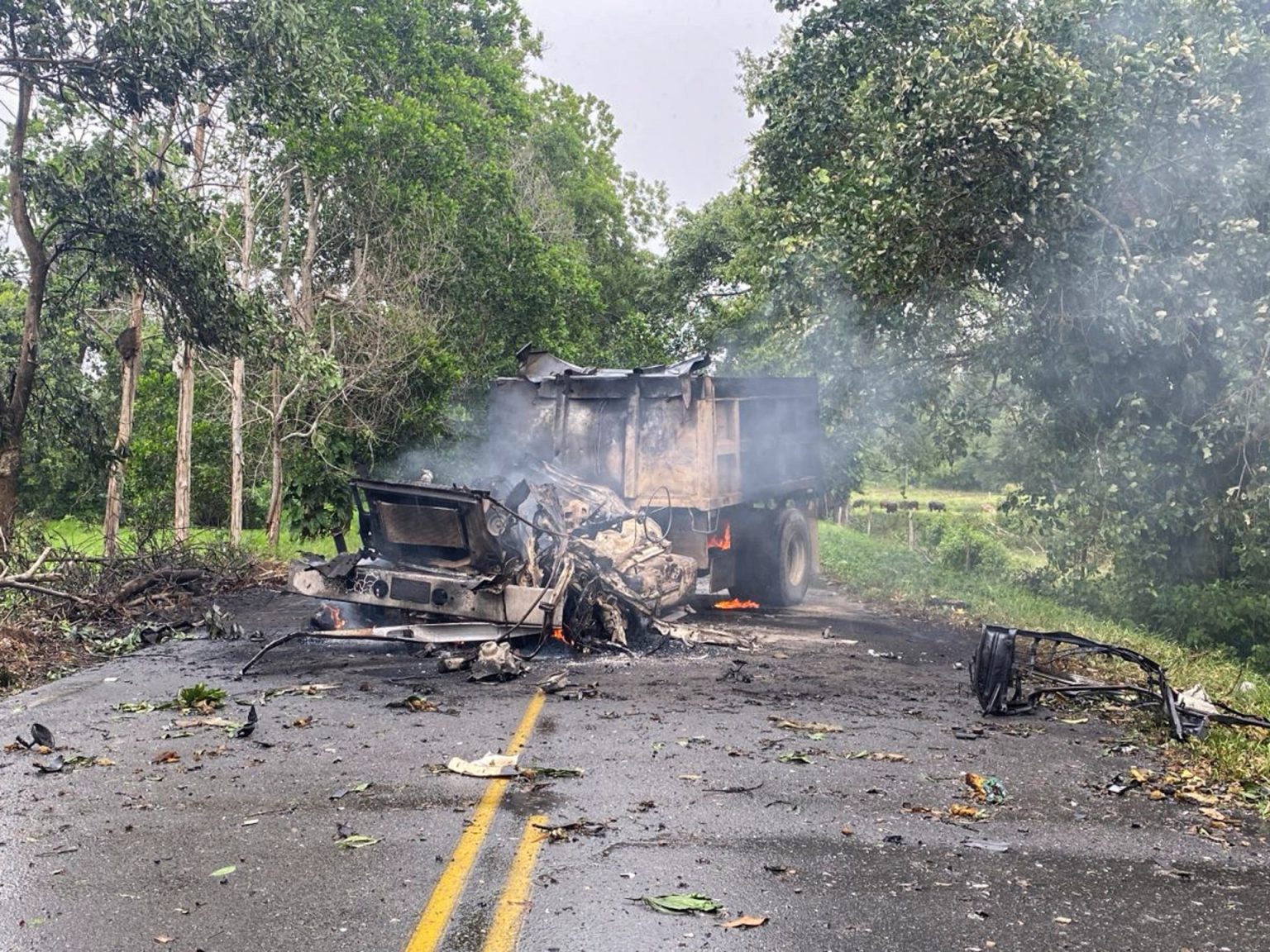Six decades of conflict have plagued Colombia, with armed groups engaging in violence and leaving hundreds of thousands dead. Despite a peace agreement with the Revolutionary Armed Forces of Colombia (FARC) in 2016, the country continues to face challenges with groups like the National Liberation Army (ELN). The ELN, with an estimated 6,000 fighters, has been active in the conflict, conducting kidnappings and extorting civilians in areas under its control.
President Gustavo Petro, the country’s first left-wing president, initiated peace talks with the ELN in 2022 in an effort to achieve “total peace” in Colombia. However, the talks have been marred by ongoing violence, including the recent attack on a military base in eastern Colombia attributed to the ELN. The attack, which killed two soldiers and injured many more, has led Petro to warn that it effectively ends the peace process, highlighting the challenges of negotiating with armed groups embroiled in conflict for decades.
The attack on the military base, carried out by the ELN using rockets fired from a cargo truck loaded with explosives, is considered the most serious incident since the ceasefire between the government and the rebel group ended in August. This escalation of violence has further strained the already tenuous peace talks, with the ELN expressing frustration over the government’s engagement with a splinter ELN unit in the southwest of the country. Defence Minister Ivan Velasquez announced that military operations against the ELN would resume following the ceasefire expiration, indicating a return to hostilities.
The ELN, in addition to its demands for the government to meet previous agreements and remove it from the list of organised armed groups, has been critical of the government’s handling of the peace process. The group’s actions, including kidnappings and attacks, have raised doubts about their commitment to a peaceful resolution. Despite efforts to negotiate a settlement, lingering grievances and disagreements have hindered progress, leading to a renewed cycle of violence and instability in Colombia.
The ongoing conflict in Colombia underscores the challenges of achieving lasting peace in a country plagued by decades of violence and unrest. The government’s attempts to engage in peace talks with armed groups like the ELN have been met with resistance and setbacks, with incidents like the attack on the military base serving as stark reminders of the complexities involved in resolving long-standing conflicts. As Colombia grapples with the aftermath of the attack and the uncertain future of peace talks, the need for sustainable solutions and genuine commitment from all parties involved remains crucial for building a peaceful and stable future for the country.


